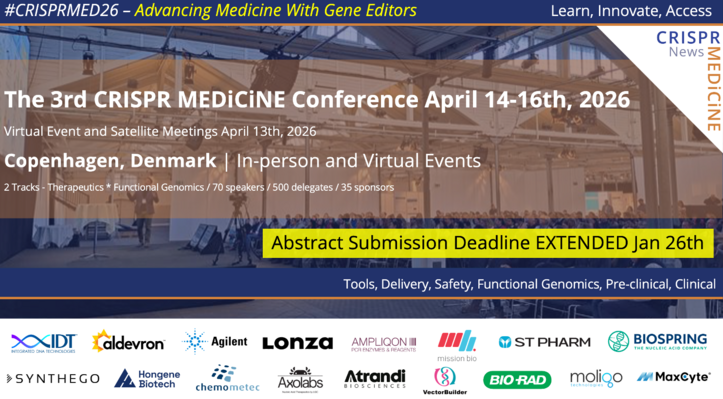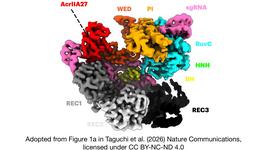CRISPR editors gain precision via evolved hotspots
CMN Intelligence - The World’s Most Comprehensive Intelligence Platform for CRISPR-Genomic Medicine and Gene-Editing Clinical Development
Providing market intelligence, data infrastructure, analytics, and reporting services for the global gene-editing sector. Read more...
The study addresses a central limitation in cytosine base editing – the inability to restrict edits to a single cytosine within the broad 4-10 nucleotide editing window typical of base editors. By evolving nucleic acid recognition "hotspots" in TadA, the authors engineered variants with both altered nucleotide specificity (from adenine to cytosine) and enhanced sequence context specificity.
These evolved deaminases were fused to a CRISPR-Cas9 nickase and uracil glycosylase inhibitors to create potent base editors that minimise undesired edits. Through several rounds of directed evolution, the team created editors tailored to 16 NCN trinucleotide contexts, enabling selective targeting of cytosines flanked by particular sequences.
The best-performing variants achieved cytosine editing with minimal adenine deamination, and one variant, Tad-CBE4.1, showed a strong preference for ACG motifs. Using a paired sgRNA-target system and ClinVar data, the authors validated the improved accuracy of correcting disease-linked T-to-C mutations and modelling KRASG12D and TP53R248Q driver mutations.
These context-specific base editors mitigate bystander effects and provide a modular approach for precise genome editing, potentially enhancing therapeutic applications.
The research was conducted by Yuan Wu, Yu-Lan Xiao, and Weixin Tang at the University of Chicago. It was published in Nature Biotechnology on 7 July 2025.
To get more CRISPR Medicine News delivered to your inbox, sign up to the free weekly CMN Newsletter here.
Tags
CLINICAL TRIALS
Sponsors:
Base Therapeutics (Shanghai) Co., Ltd.
Sponsors:
Base Therapeutics (Shanghai) Co., Ltd.







